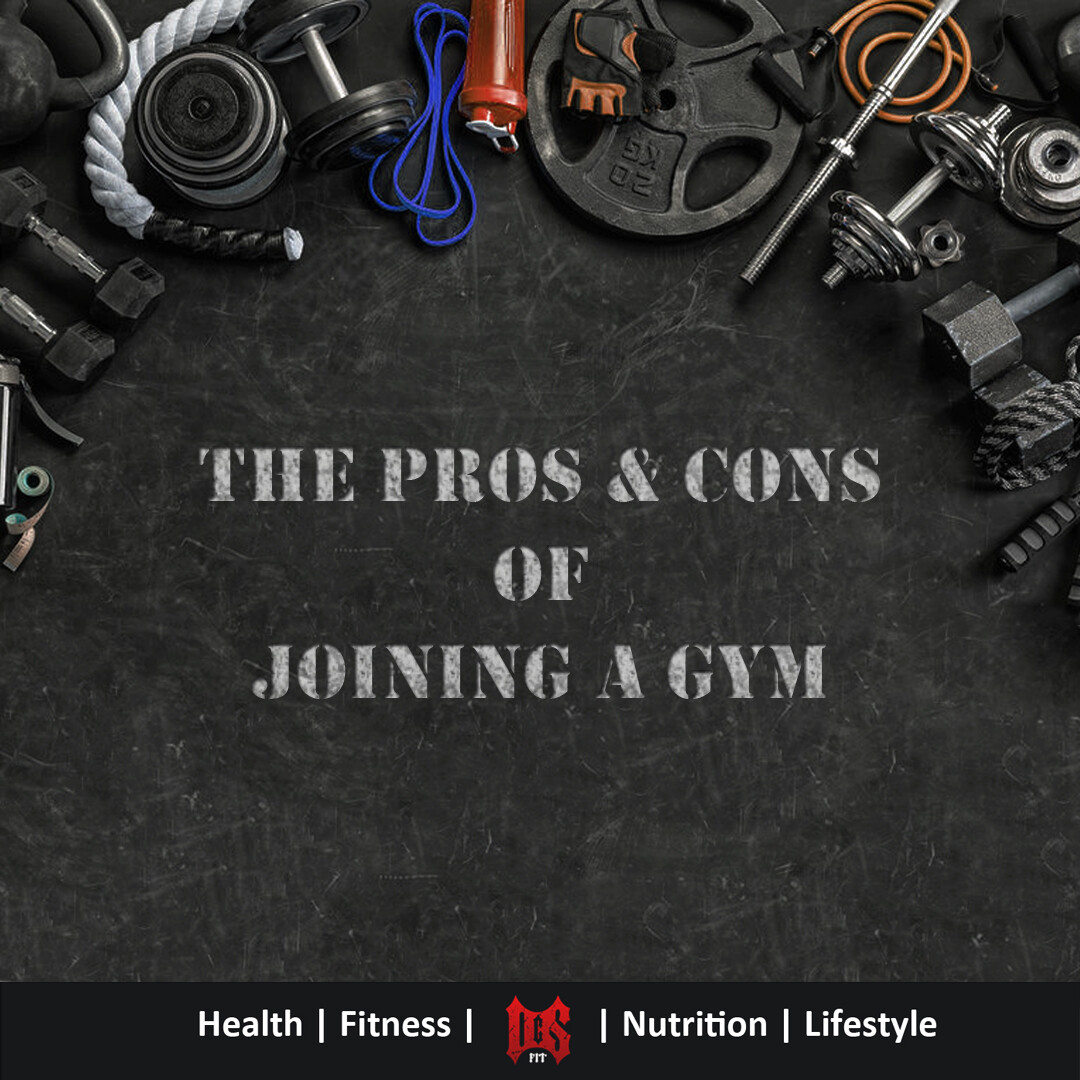HOW LONG SHOULD
YOUR WORKOUT BE?
You’ve decided to make some health & fitness improvements, but want to get the most from your time and effort, right?
And if you choose to hit the gym, or do some training at home, you may be wondering how long you should workout for the most effective results?
Prefer Video or Audio?
Watch This!
It seems an obvious question (and one I was asked by over half the members of my gym either at the sign-up stage or when receiving a new programme).
There are different approaches to optimise weight loss; muscle gain; endurance; speed and power within training parameters. And different rep ranges are more effective when it comes to strength training versus hypertrophy (building muscle size).
This is just another parameter to tweak to optimise things in your favour.
Go Big or Go Home?
The concept of a set time that must be adhered to be deemed as a worthwhile workout is often a fast route to stagnation or regression.
Ultimately it leads to an all or nothing approach.
Where, if a number is assigned and that timeframe is not available, for whatever reason, the default is to skip it and do nothing.
I’ve discussed this in the video [Too Busy for Fitness Progress].
When setting goals, it can be advantageous to go big.
However, when setting minimum standards, overdoing it can lead to that all or nothing approach.
Ultimately resulting in frustration or even failure.
Therefore, if setting a minimum level for yourself, it’s worth ensuring this is achievable regardless of circumstances.
What the Science Tells Us

Often this question is rooted in the belief that there is a timeframe that has been proven as optimal through scientific research.
And whilst there have been many studies to draw from showcasing the effects of rep ranges, training intensity, and the effects of overdoing it or doing too little.
This is little more than useful guidance to increase understanding of your situation.
There is no specific correct answer!
There are always other factors and therefore there is only an answer that is best for you as an individual.
Consistency Trumps Effort
Let’s compare two scenarios:
Scenario 1:
Training for 75mins 3 times per week.
Scenario 2:
Training for 45mins 5 times per week.
You are working out for the same amount of time (3hrs 45mins per week), so surely both scenarios are the same?
In scenario 1, in the beginning, you would be able to give 100% of your energy.
But as the workout progressed you would begin to fatigue.
So, by the time you reached the final 15mins, you may still be able to give your all, but your all would now be at a lesser level than when you were fresh.
However, if (as in scenario 2) you were to stop at the 45min mark to recover and refuel.
Upon returning for your next session, your next 30mins will be much more productive (all other elements being equal) than the final 30mins of the first scenario.
In other words, you are always going to be more productive with shorter but more frequent workouts than with longer infrequent ones.
At least that would be the case with all other elements being equal. But as highlighted below, your life commitments and external influences will have a say.
With regards to exact times, this would be impossible to give a definitive answer.
And the reason is obvious when you follow the logic.
What Exactly Are We Timing?
Think about it.
No study can allow for every parameter.
Even if we take “life” out of it and consider purely laboratory conditions.
- What is your current condition?
- How suited are you to endurance?
- What are your goals?

Then, without adding any conflicting lifestyle parameters back in, there’s are logistics.
- If you’re training in a gym, how crowded is it?
- Are you going to have to queue for equipment?

Plus, there is semantics within the question.
- What do you consider “the workout”?
- Is it from the moment you arrive?
- Are we counting the warmup?
- What about stretching or mobility work?
That’s a ton of variables in there before we even start.
But now let’s throw life back into the mix.
Life is not a Laboratory
We cannot look at exercise approaches in a vacuum.
Other factors must be taken into consideration when deciding on how long you should workout to benefit YOU the most.
Ultimately, the best training methods will be those that allow you to give your all; that you can commit to (without undue additional stress); that fits with your recovery period and that you have correctly fuelled for.
Stress Inhibits Progress
Stress is one of the greatest inhibitors of progress there is.
Regardless of where that stress comes from (lack of sleep, nutritional balance, water, control or general overwhelm).
It causes a chemical reaction resulting in elevated levels of glucocorticoids.
Continually putting your body in that state is damaging to your health.
- Your ability to burn fat or grow muscle decreases.
- Your sleep quality will drop.
- Your immune system is weakened and so on.
So, even if there is a workout time that hits the sweet spot with regards to your current level, training method and goals. If it is going to add stress, because it is compromising other parts of your life, then any benefits gained are severely diminished.
Suddenly what, on paper, may have been a solid answer to this question has led you down a detrimental path.
How Much Time Do You Have Available?
Now, how much time do you REALLY have?
It is common for those brimming with enthusiasm to drastically overestimate how much time they have available for training.
But, on execution, that proves not to be the case.
If your life beyond your training (work, family or other demands) meant that taking time out of your day 5 times per week would cause an increase in stress levels, then you get into a situation where you are simply piling stress upon stress and your ability to recover and improve becomes heavily compromised.
In the previous two scenarios, you may be training for the same accumulative time, but the travel time or the additional required shower time might just be what takes you over the edge.
Plus, if we are including activation and warm-ups within the times sited, then a larger chunk of the frequent, but shorter sessions are going to be taken up here. But if we exclude them, to make the main workouts pairable, then that is further time required to follow the higher frequency approach.
In such a situation, despite frequent and shorter workouts being more effective on paper, fewer but more taxing, workouts would clearly be the preferable option in this situation.
How Well Fuelled Are You?
If you don’t have enough fuel in the car, you can’t go on a long journey without stopping for additional fuel.
If your nutrition was at a sub-optimal level, the drop off in energy and focus will be more rapid.
Similarly, if the quality of your nutritional intake is not aligned well with your training goals, or is lacking in nutritional value, shorter workouts will be more beneficial as the level of CNS stress and level of recovery from each individual session should be lessened. Thus, a less than optimal nutrition strategy is going to have a better chance of coping.
On the flip side, if your poor nutrition choices involve ‘cheat meals’ or days where you lose control, your next workout is likely to be sluggish, as you deal with your ‘food hangover.
In this scenario, having an extra day to re-activate yourself before a full workout or having a longer workout to build into it might just be what you need.
Overtraining is Exaggerated
It’s common in gyms to hear people spout information that sounds authoritative.
And one that regularly does the rounds is the concept of overtraining.
The time given will often vary, but the principle is usually the same.
“Anything over an hour is overtraining!”
This is often accompanied by further scientific nuggets to back this up.
That your cortisol levels will rise and there will be a severe drop off in your testosterone levels.
And much of that is based on facts.
But it’s the connecting it together to come up with a globally applicable number that takes it from useful to bro-science.
Returning to a qualifying question from earlier.
When does the workout begin?
Is it when you hit the gym floor?
Post-warm-up?
Maybe it’s only when you start doing something challenging.
But what if you helped shift some furniture before you went to the gym? Or you had to sprint to catch a train?

Did the clock start ticking? And by the time you arrived and got changed you only had 10mins left?
What if your job involves manual labour?
Does that mean you can only train on your days off?

Do you see how ridiculous this can get?
So, how do we answer this question?
Well, not to get too fairy godmother on you, but:
The answer was inside you all along!
The only way to find a true answer is to listen to the feedback your body is giving you.
Remember, you adapt by recovering from your workouts.
Your training sessions put your body under stress. And in recovery, it will attempt to adapt to avoid that stress in the future.
If you train so hard that you do not fully recover in time for the next workout, then that follow up workout will suffer.
Train too little, on the other hand, and it becomes a wasted opportunity.

But much of this comes down to intensity and exercise choice rather than time spent training.
Balance is key!
Simply dragging out a workout to make it longer doesn’t make it more beneficial.
By the same token, rushing through exercises because you just want them over and done with, is a false economy as the effectiveness will suffer.
Finding the right balance in your training approach is crucial to making the most of your efforts.
So, the amount of time you should workout is the amount of time you can put aside without causing undue stress.
Then limited to the amount of time it takes to hit the point that you can fully recover from in time for the next workout or physical challenge you face.
That time may change from session to session, depending on those parameters.
And it may take a fair amount of trial and error to become in tune with your body’s feedback.
But the more you listen to that feedback, the more sensitive you’ll become to it.
At which point, you no longer need to look at your watch to know when you are done.
You just know.

How Long Should Your Workout Be?
And How Frequent? by Mark Tiffney
Science and research are useful tools to compare things in an ‘all things being equal’ scenario.
But you don’t live in a laboratory.
And life doesn’t afford you such clinical conditions to work with.
By planning and assessing based on context, you are less likely to hit frustrations and success is inevitable.




Leave A Comment